Natural preservatives can come in quite handy especially when it comes to long term survival. There are many advantages to preserving your food naturally as it prevents the deterioration of food, thereby making it last longer.
Below are good-to-use natural preservation methods that won’t stress your pockets. What’s more, they will come in useful in emergency situations.
Dehydration

Whichever method you decide to use, the aim should be to remove as much water as possible from your food and still leave them edible for a long time to come. Most dehydration methods are accomplished through heating; either using your oven or other dehydration techniques.
For best results, it is better if your food is sliced thinly so as to allow for faster dehydration.
For example, if you are going to dehydrate your meat, it is better to slice the meat into thin strips and put them in the oven using only small amount of heat and allow the heat to gradually remove the water content of the meat. Too much heat during this process may cause your meat to burn and become useless.
Most foods can simply be dried in the sun; this is especially good for those living in sunny locations.
Ensure that your food item is completely devoid of water before storing. If there is water locked in the middle of the food, it is inevitable that spoilage will gradually set in and you will have spoiled, inedible food on your hands.
Foods that are dehydrated can last for more than a year. There is no need to refrigerate dehydrated foods. Remember to reconstitute your dehydrated vegetables with water before eating them.
Vinegar
Foods last longer if they are dipped in vinegar. Most vegetables are preserved this way. Cakes, turnips, cucumbers, cauliflower, green tomatoes, carrots, leeks, pickles and green beans are a few of the foods that can be preserved using this natural method.
The good thing about vinegars is that they come in a variety of flavors. Even though vinegars are used in ridding table tops and dirty clothes of harmful germs, they are also very beneficial in food preservation.
Fermentation
Fermentation can indeed control spoilage through the simple method of allowing your food to spoil in a controlled manner. This may sound crazy but that’s the way fermentation works. Instead of allowing food to spoil with the help of harmful microbes, they do so with the aid of beneficial microbes.
In the process they produce alcohol which will help to preserve the food and make it last longer than it would naturally do.
A famous example is the fermentation of alcohol by yeast. Other foods that are fermented by useful bacterial and fungi include cheese, pickles, bread, chocolate, beer, wine and cured meats.
Sugar
It may sound surprising to some but sugars make good preservatives. They work very much the same way as salts by dehydration. Dehydration prevents the growth of microbes that causes spoilage. Honey is a good source of sugar to use for preservation purposes. In the absence of honey, you may consider making syrup with sugar cubes.
Salting
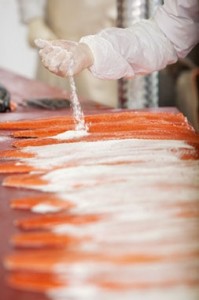
Salt works by dehydrating the food as well as the microbes present in the food. This way the microbes are prevented from contributing to decomposition.
Most especially, mold and yeast cannot grow in food pretreated with salt. Food preserved this way could last for years.
Rosemary Extract
Rosemary extract comes from rosemary leaves. It is a useful preservative that also doubles as an antioxidant and imbues foods with nice flavor and aroma. Rosemary extracts work by preventing oxidation, which is a major cause of spoilage. Rosemary extracts used for preservation are called rosemary oleoresin.
Sorbic Acid
Sorbic acid occurs naturally in berries. They help in the prevention of the growth of yeast and fungi as well as bacteria.
Sorbic acid can be purchased in grocery stores and pharmacies. The most popular types of sorbic acid are sodium sorbate, potassium sorbate and calcium sorbate. Sorbic acid is different from ascorbic acid and shouldn’t be confused with it.

Photo sources: 123RF.

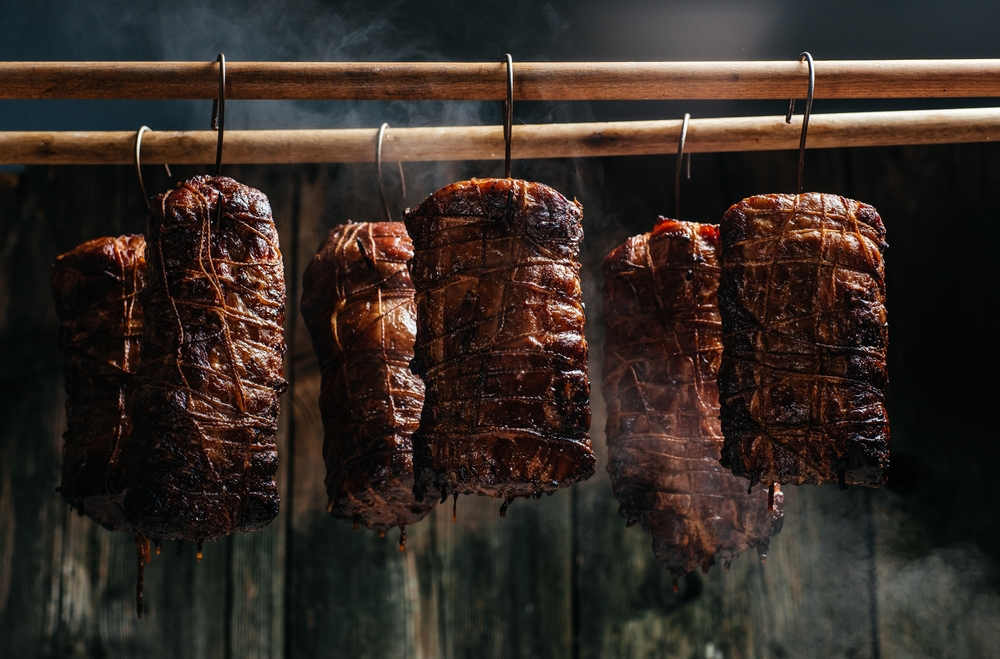

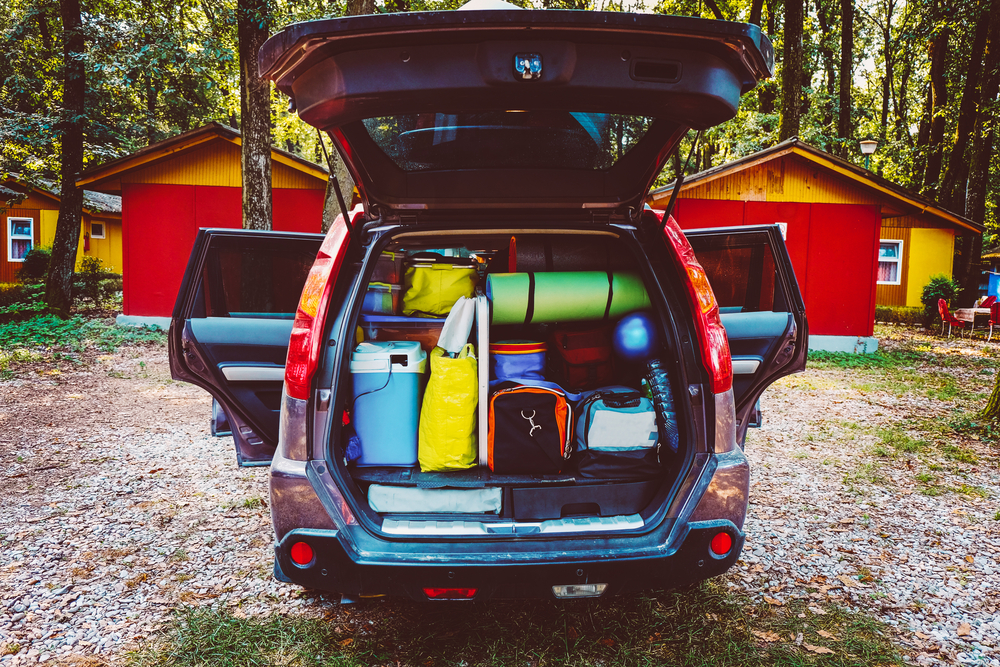

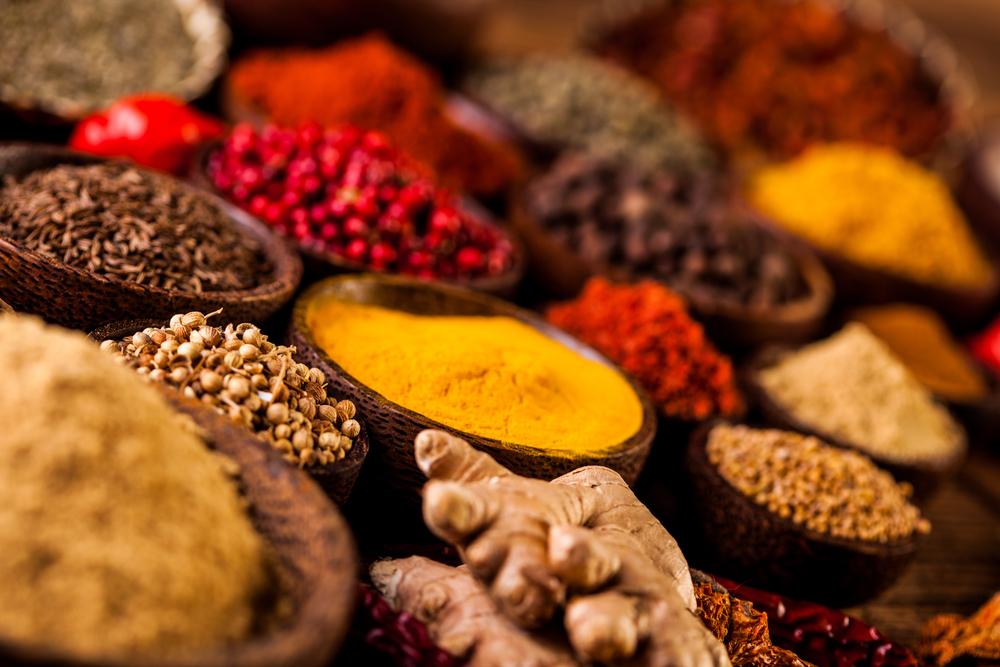
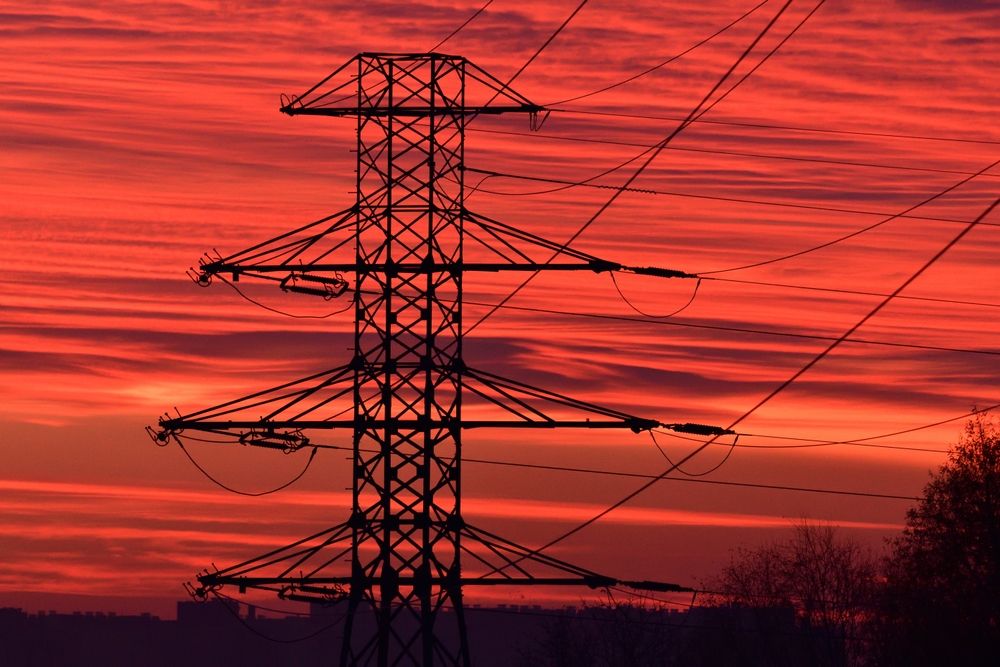


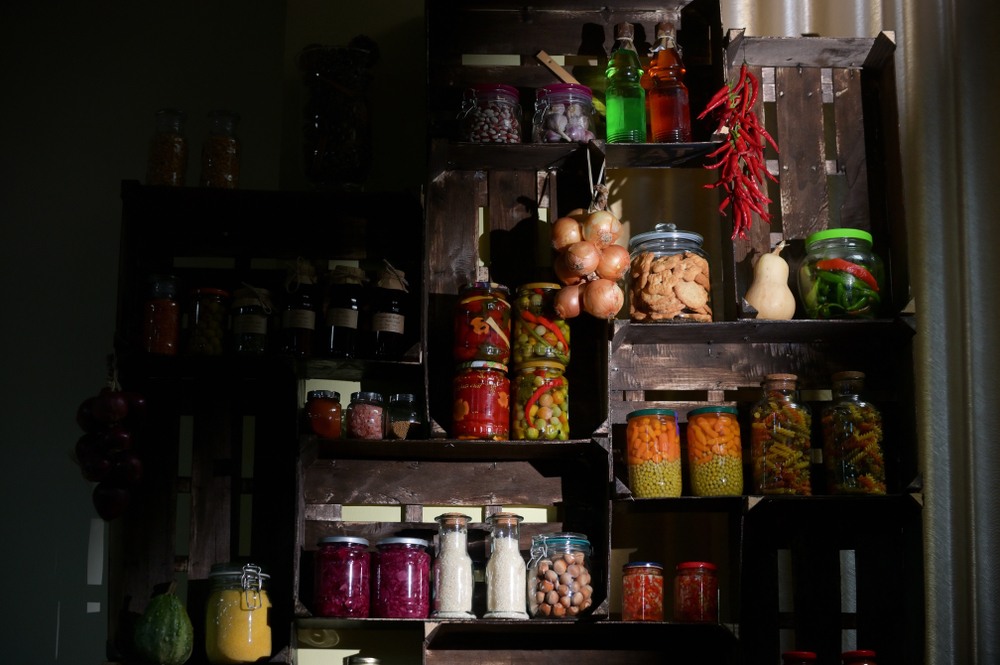









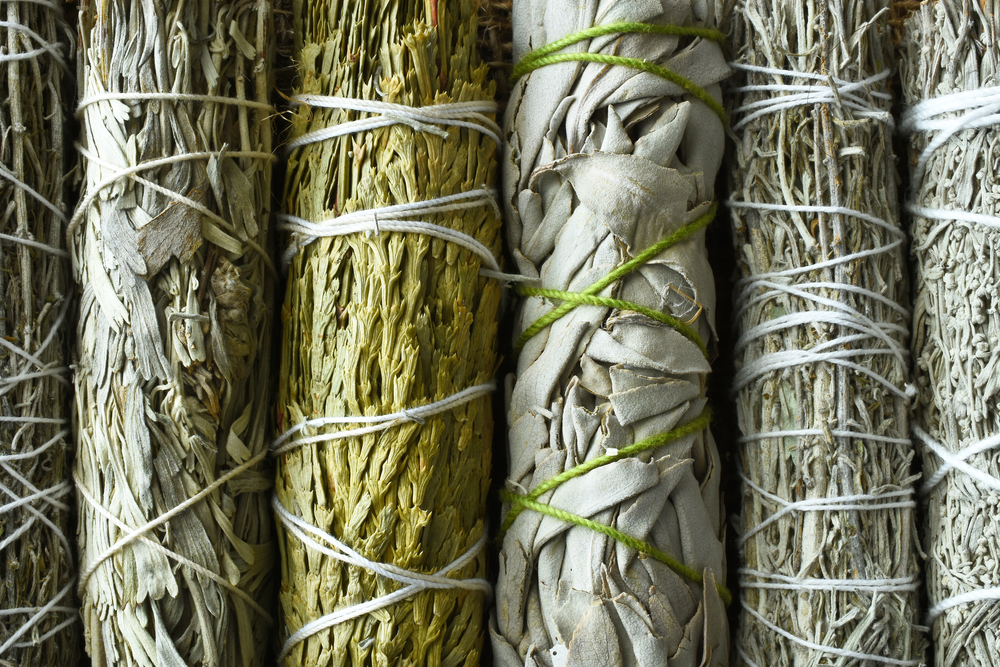
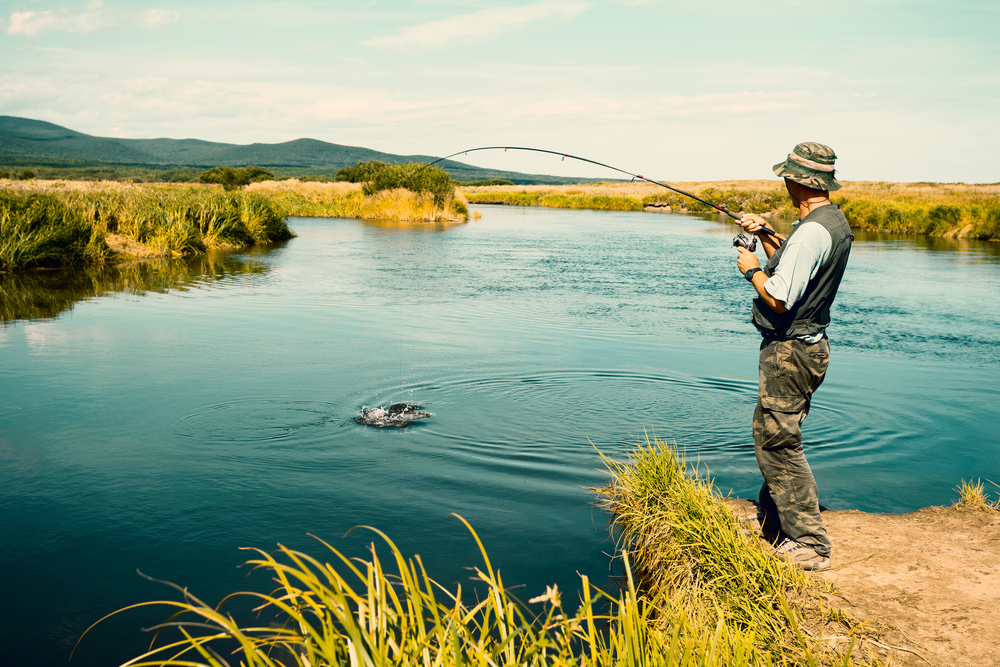
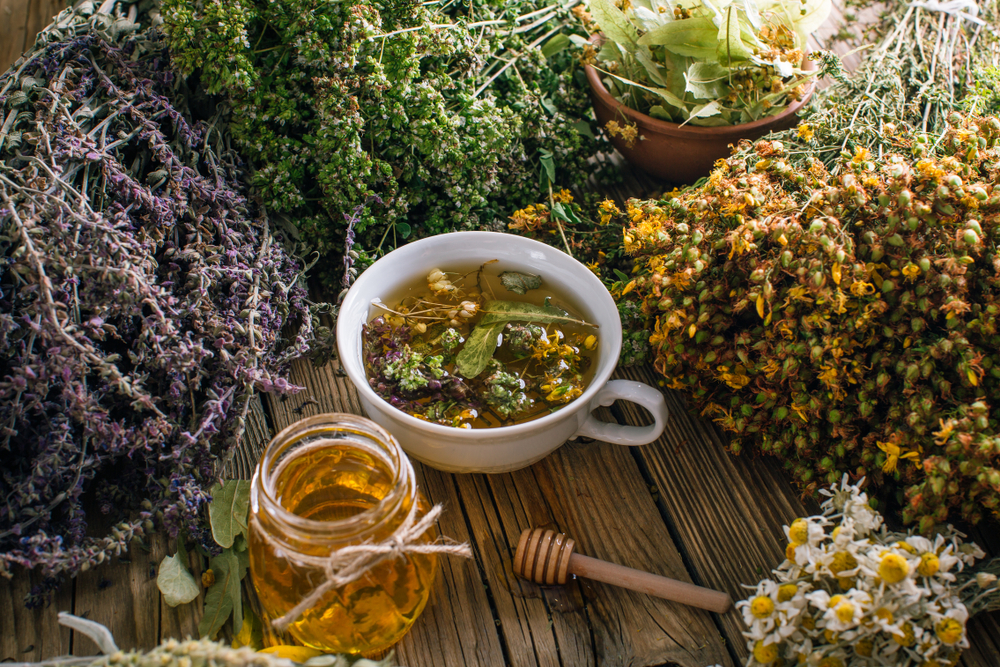
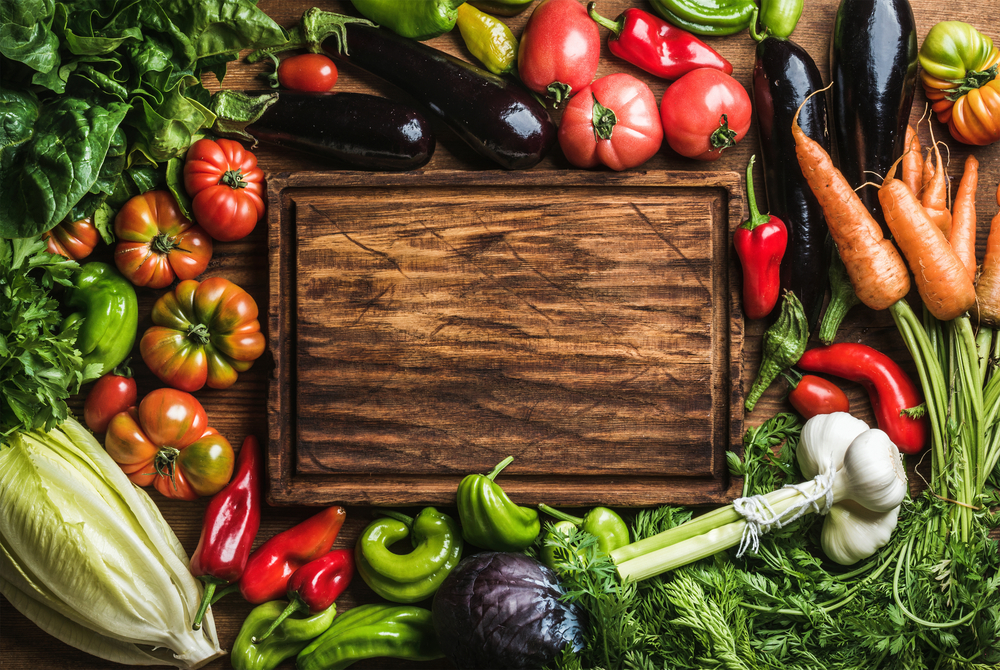
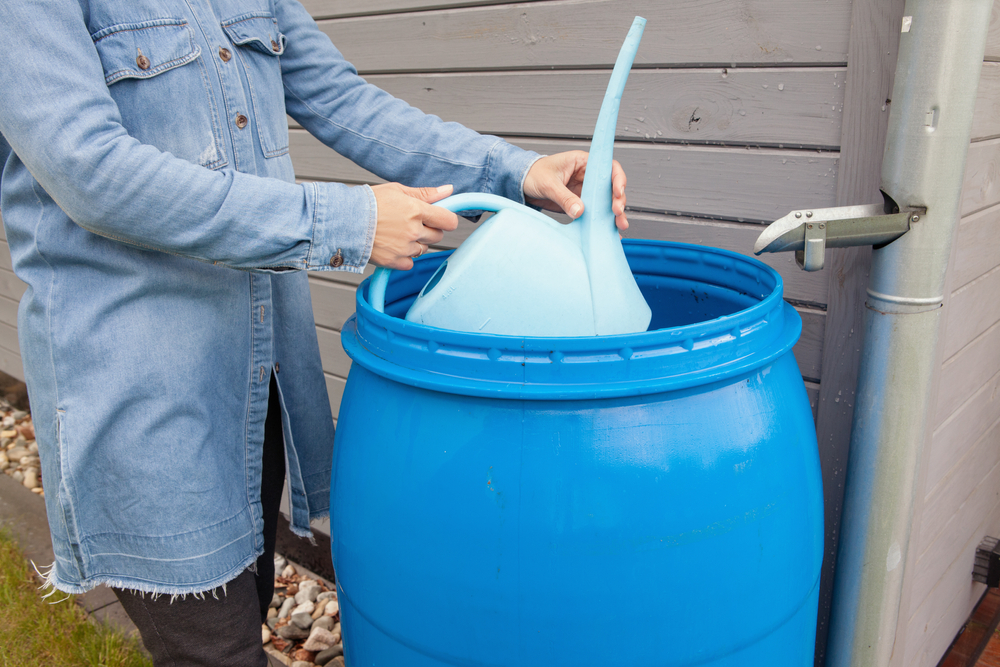
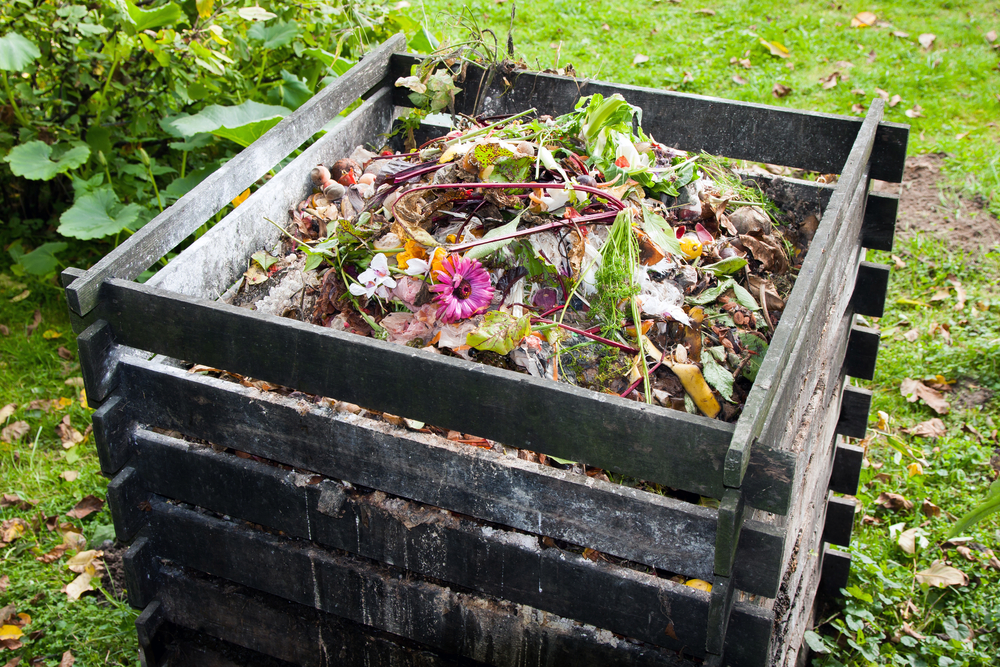
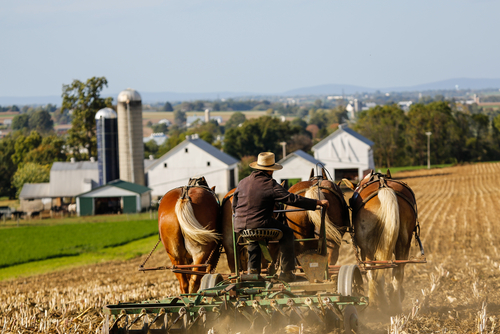
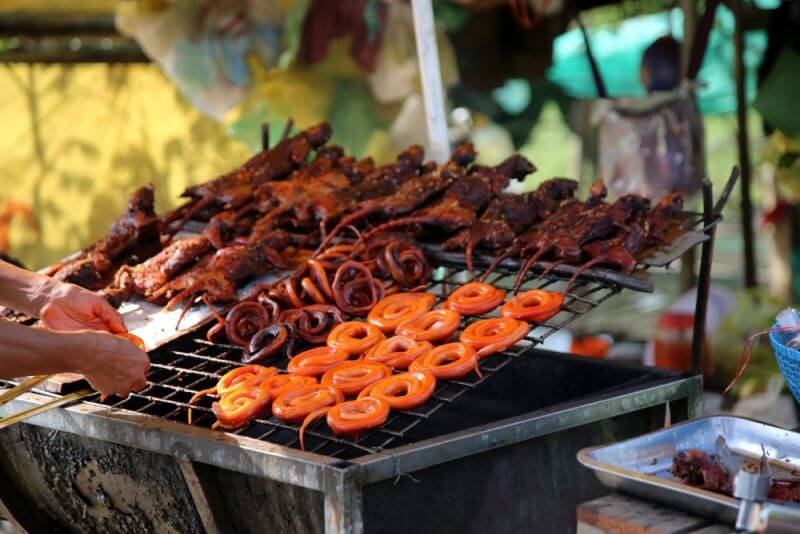

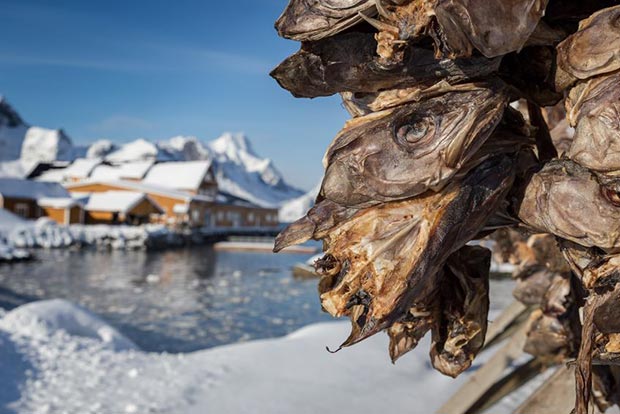















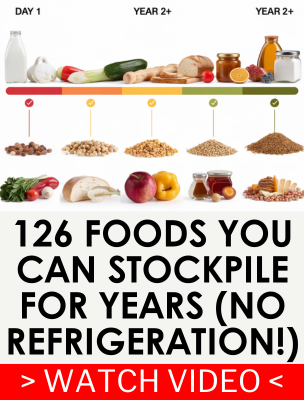
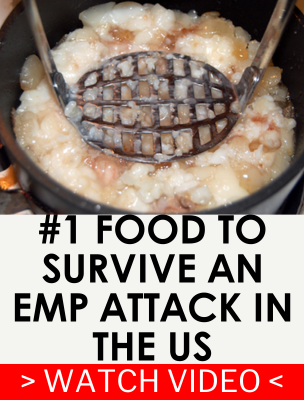
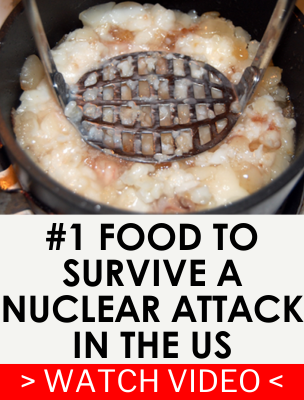


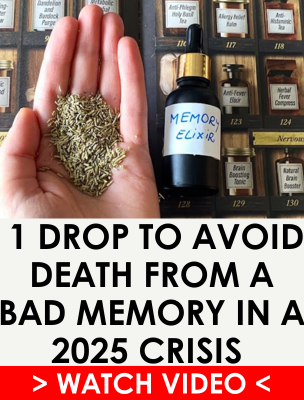
















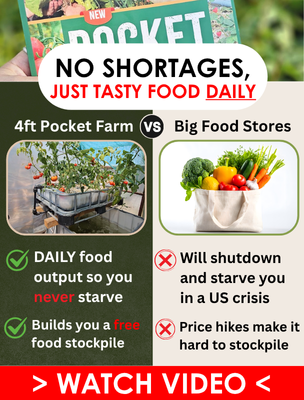


Cinnamon is also a good preservative. In fact, years ago, a company produced cinnamon-laced plastic wrap for commercial meatpacking. This would allow fresh meat to have a longer shelf life. Cinnamon is a natural inhibitor of food degradation. I’m guessing grocery stores didn’t want to use it because it would have cost more. The plastic wrap did not change the flavor of the meat.
And make sure you’re using REAL cinnamon from Ceylon, not cassia. This link describes the difference.
http://www.cinnamon-extract.com/What_is_Real_Cinnamon.html
You’re talking about keeping food fresh longer, aren’t you? Because you honestly can’t be saying that something dipped in vinegar will stay fresh indefinitely? Ditto Scorpio acid and Rosemary. Please cite sources or instructions for how these will preserve food indefinitely. I’m curious.
We are talking about preserving foods using vinegar in different proportions (vinegar pickles for example). They will last longer, but they will not stay fresh for ever, of course.